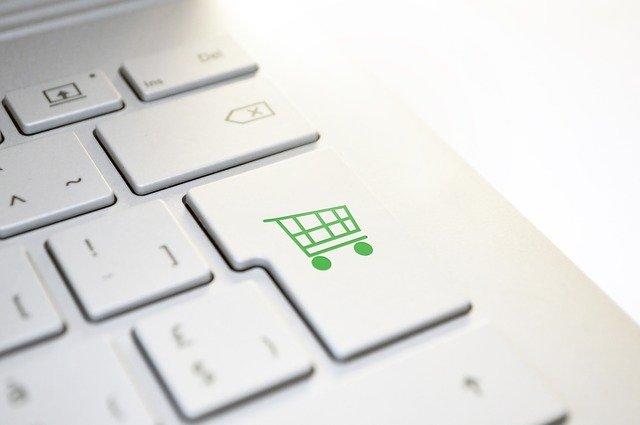If you or your family members love nothing more than whiling away hours each week online gaming, keep in mind that you could lose more than simply time from this hobby.
Hackers are increasingly targeting gaming platforms and communities, as they’re aware of not only how many millions of gamers there are, but also how much personal information is found stored on such games. As such, follow a few top tips to ensure you engage in safer online gaming today.
Use Strong Passwords
One simple yet effective way to keep hackers out of your online gaming accounts is to password-protect profiles with strong codes. These passwords should ideally be different from those you use elsewhere, so if a cybercriminal guesses one, they won’t get access to others. Ensure codes are eight characters or more in length, too, and combine letters (upper and lower case), numbers, and symbols.
Stay safer by never choosing passwords based on information you’ve shared publicly anywhere, whether on your online gaming accounts or social media profiles, etc. Steer clear of using codes based around your birthday, the names of your pets or children, favorite colors, lucky numbers, and more.
Protect Your Systems with Home Network Security
Another key way to protect your systems when you engage in online gaming is to make use of quality home network security products. These kinds of tech tools are simple to install and use and they work to prevent internet-connected devices, such as those you use when gaming, from being hacked. Home network security gear protects gadgets such as game consoles, smart televisions, smart locks, and various other appliances around the home.
Choose products that will protect your privacy when browsing and buying online, and block dangerous files from being downloaded. Top options also protect your data from threats such as phishing, ransomware, other types of malware and viruses, and risky remote connections. Plus, you’ll find that the best products also provide you with instant threat notifications.
Don’t Reveal Too Many Personal Details
To keep your data safe from prying eyes, never share your gaming (or other) login details with other people. Doing so opens you up to an increased risk of attack. People may knowingly or unwittingly pass on your information to hackers.
Also, don’t reveal too many personal details to other gamers when you’re playing online. Keep your information as private as possible when you’re communicating with other players, especially people you don’t know well. The less identifying details others have about you, the less likely it is that anyone will try to break into your account or try phishing attempts, or to steal your identity.
Use Secured Wi-Fi Only
When you’re playing games online, use a secure internet connection. Your at-home Wi-Fi should be protected with a hard-to-crack password, and you should avoid playing on public networks such as those in gaming cafes, at hotels, on trains, etc. While it may be tempting to use free Wi-Fi, particularly when you’re away traveling, try not to go down this path. You have no idea who owns the network, and it could be a fake hotspot that someone with nefarious motives has set up to try to intercept information and catch users unaware.
If you do decide to risk using unsecured Wi-Fi, at least be careful to logout as soon as you’ve finished your game. This way, anyone using the public computer after you shouldn’t see any of your personal information.
Buy from Trusted Sellers
Many gamers like to get access to new products online to mix things up and try fresh, new creations. The problem is that in doing so, they often leave themselves more vulnerable to a hacker attack. If, for example, you download pirated software from a public source, the likelihood that this software is infected with malicious viruses or malware is high. Even if you do pay good money for new games, be careful to purchase from trusted sources only and keep in mind the data security, so you don’t still end up with an infected computer.
You’ll increase your safety if you buy from the Google Play or Apple App stores, and avoid sideloading and getting free games from friends (you won’t know where they got their software in the first place). There are also specific app stores for Windows and Macs, plus trusted online stores such as Humble Bundle, Ubisoft’s Uplay, MacGameStore, Steam, and Green Man Gaming. Also, many of the console manufacturers have their own online stores where buyers can download safe digital copies of games. 
Online gaming can be risky, but it doesn’t have to put your identity, finances, or other factors in jeopardy. Follow all the tips listed above, and you’ll dramatically reduce the chances of having issues when (or after) you play.





